15 Historical Figures Who Shaped the World but Remain Forgotten
Throughout history, many remarkable individuals have shaped the world in ways that often go unnoticed. These figures, though not widely celebrated, made lasting impacts in their respective fields. From pioneering scientific discoveries to groundbreaking social movements, their contributions have been invaluable. Despite their achievements, these historical figures remain largely forgotten by mainstream narratives.
This post may contain affiliate links, which helps keep this content free. Please read our disclosure for more info.
Hypatia of Alexandria
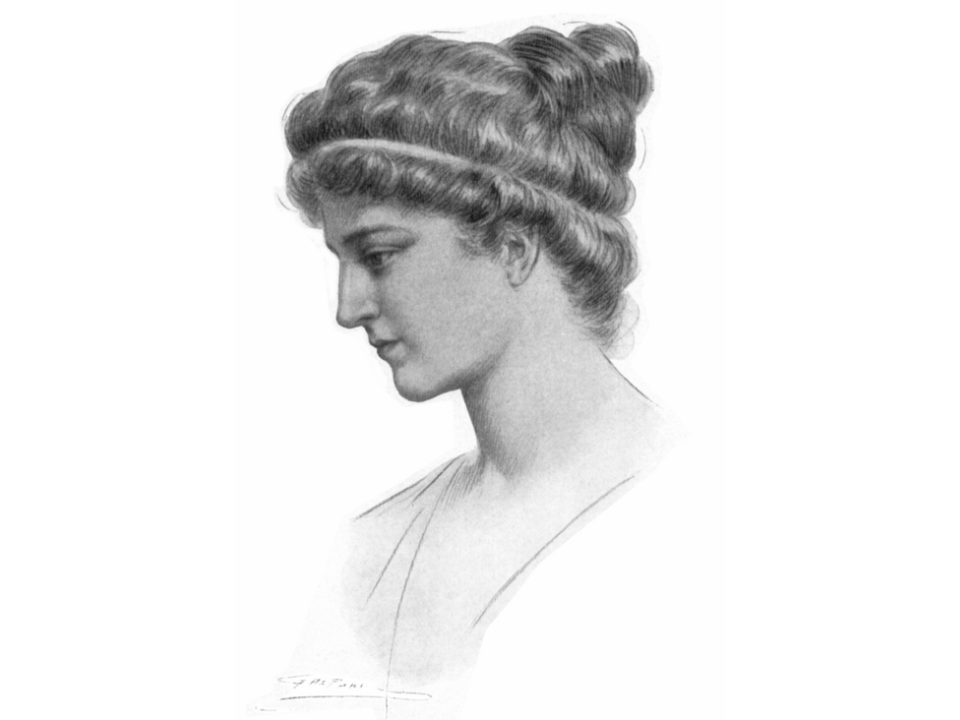
Hypatia was a mathematician, astronomer, and philosopher in Alexandria during the 4th and 5th centuries. Known for her teachings at the University of Alexandria, she was one of the first female mathematicians to make a significant impact on the field. Hypatia’s contributions to philosophy, particularly her interpretation of Neoplatonism, shaped the intellectual climate of her time. Despite her groundbreaking work, she is often overlooked in historical records, especially in the context of women in science.
Her tragic death at the hands of a mob in 415 AD marked the decline of intellectual freedom in Alexandria. Her murder was a symbol of the growing conflict between the rising Christian power and the old philosophical traditions of the city. Though her legacy has been somewhat lost over time, she remains a symbol of intellectual rigor and courage.
Sappho
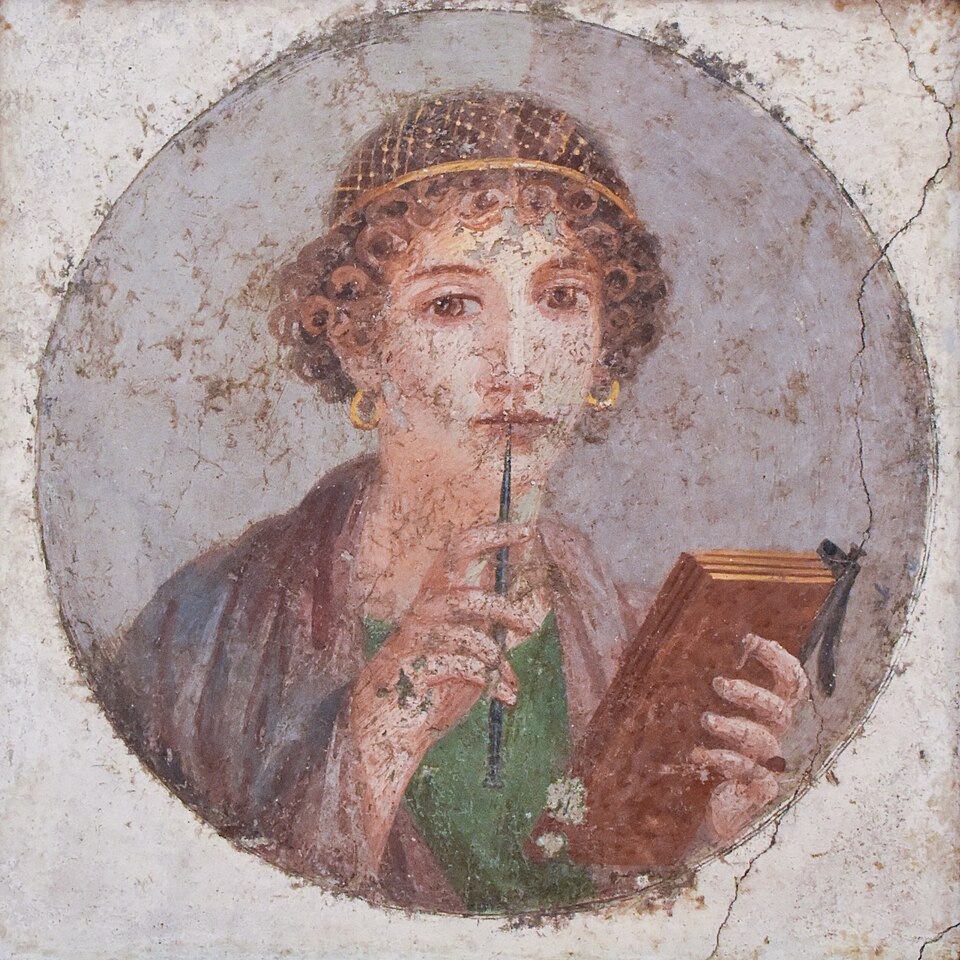
Sappho was an ancient Greek poet from the island of Lesbos, renowned for her lyrical poetry. Though much of her work has been lost to history, her influence on literature and poetry is undeniable. Sappho’s poems often explored themes of love, passion, and personal introspection, making her one of the earliest writers to delve into personal emotions.
Despite her monumental impact on Western literature, Sappho’s work was largely marginalized after her death. Her reputation was overshadowed by later poets, and much of her work was destroyed in antiquity. However, her poetry continues to be celebrated for its emotional depth and its exploration of human relationships.
Nikola Tesla
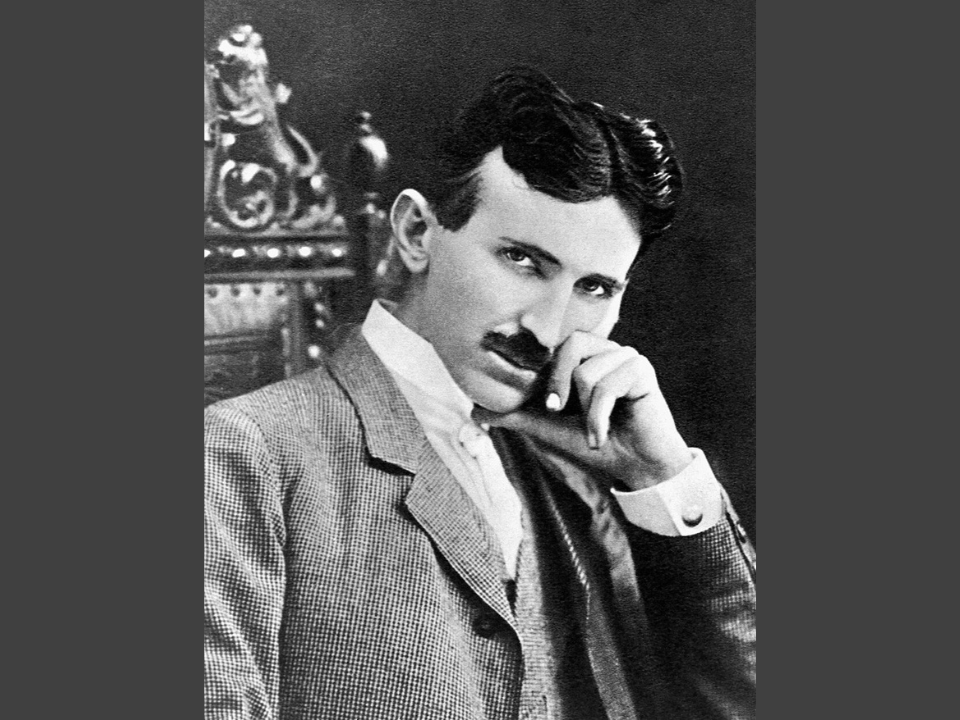
Nikola Tesla, an inventor and electrical engineer, is often overshadowed by other figures in the development of electricity. He made groundbreaking contributions to alternating current (AC) electricity, wireless communication, and electromagnetism. Tesla’s inventions and ideas were far ahead of his time, but he died in relative obscurity and financial ruin.
Despite his genius, Tesla’s name was overshadowed by Thomas Edison, who took credit for many of the innovations Tesla had worked on. His inventions, however, laid the foundation for modern electrical engineering and wireless technology. Though Tesla’s fame has grown in recent years, he is still not as widely recognized as some of his peers.
Dorothy Vaughan
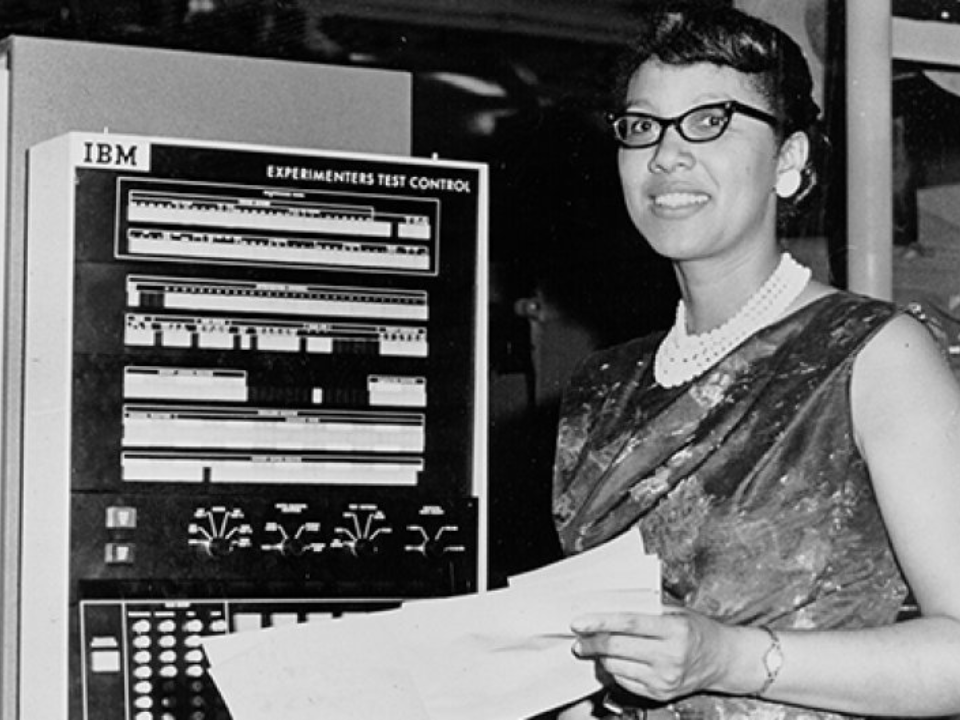
Dorothy Vaughan was an African American mathematician and computer scientist who worked at NASA during the early years of space exploration. Vaughan made significant contributions to the development of NASA’s computing capabilities, particularly in the use of electronic computers for complex calculations.
Her work in programming the early computers, especially the IBM machines, was instrumental in ensuring the success of the U.S. space missions. Despite her significant role in history, Vaughan’s contributions were not fully recognized during her lifetime. She remained an unsung hero until recently, when her story was brought to light through books and films like Hidden Figures.
Ibn Battuta
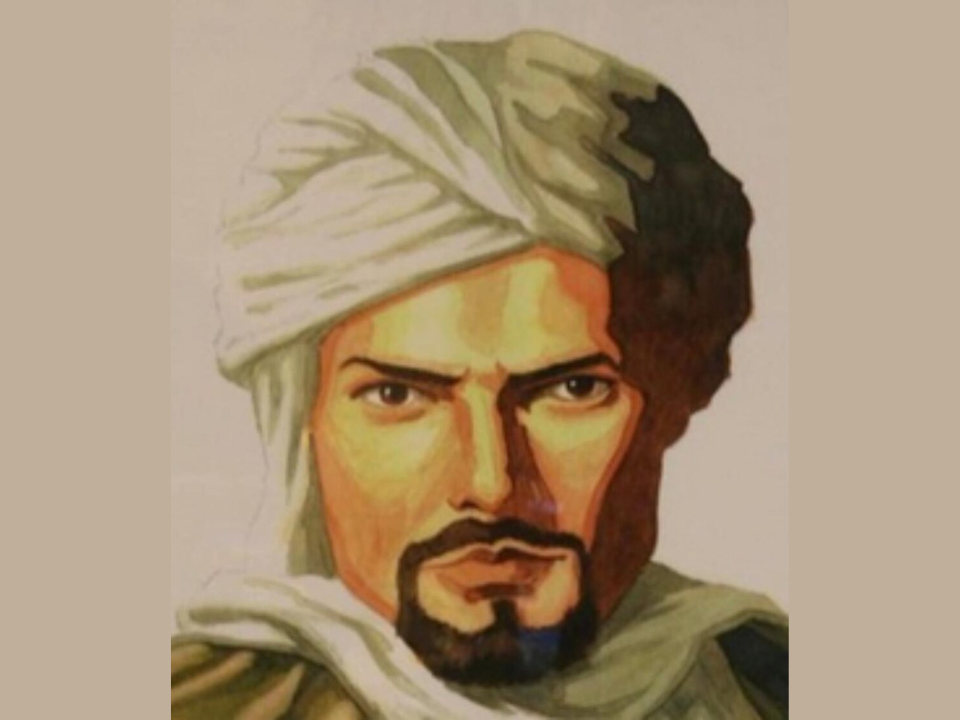
Ibn Battuta was a Moroccan explorer who traveled more than 75,000 miles across Africa, Europe, Asia, and the Middle East in the 14th century. His extensive travels took him through much of the known world, where he encountered various cultures and peoples. His accounts of these journeys provided a detailed glimpse into the medieval world.
Although his contributions to the understanding of geography and culture are invaluable, Ibn Battuta is often overshadowed by other famous explorers like Marco Polo. His writings remain a crucial historical source for scholars studying the medieval period, yet he remains underappreciated in popular culture.
Hedy Lamarr
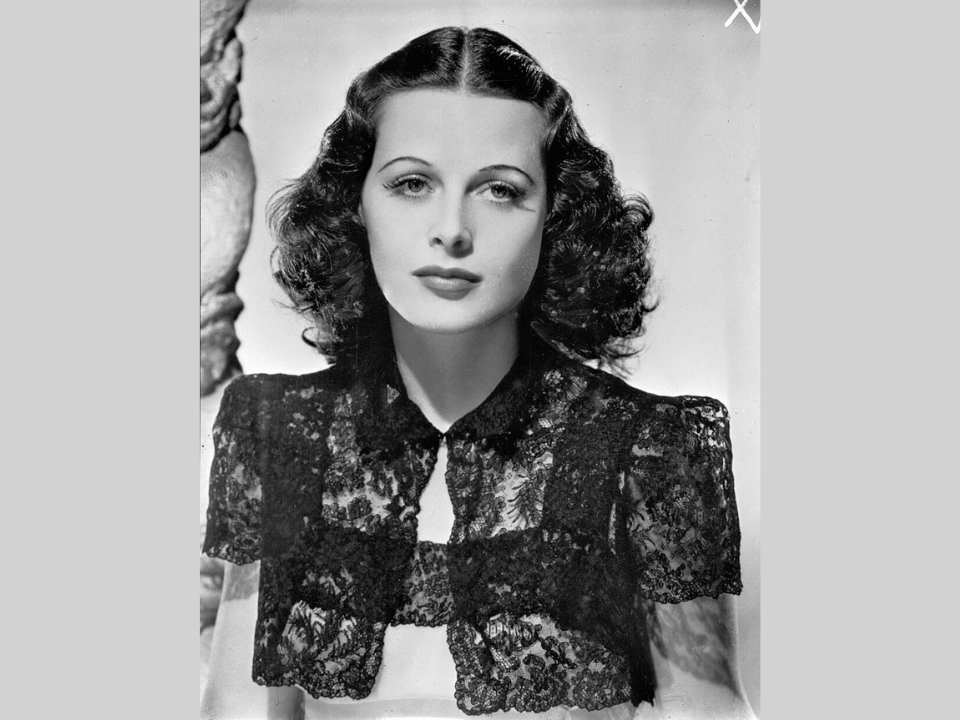
Hedy Lamarr, a famous actress in the golden age of Hollywood, was also an inventor. She co-developed a frequency-hopping system during World War II, a technology that later became the basis for modern Bluetooth and Wi-Fi communication.
Despite her significant contributions to technology, Lamarr’s work went largely unrecognized during her lifetime. She was more famous for her film career than for her role in inventing groundbreaking technology. Her story is a reminder of how brilliant minds can be overlooked due to societal expectations.
Toussaint L’Ouverture
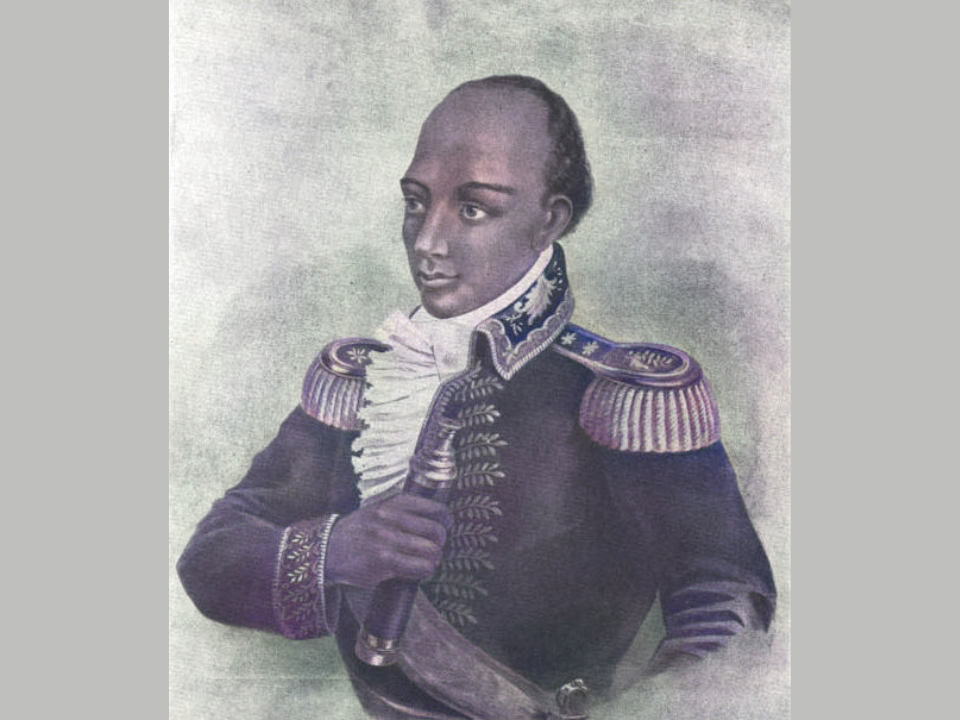
Toussaint L’Ouverture was a leader of the Haitian Revolution and one of the most significant figures in the abolition of slavery in the Americas. Born into slavery, he led enslaved people in a successful revolt against French colonial forces in the late 18th century.
L’Ouverture’s leadership and military strategy were pivotal in the establishment of Haiti as the first independent Black republic. Despite his immense contributions to the cause of freedom, he was captured by Napoleon’s forces and died in a French prison. His legacy remains important but underrecognized in the broader narrative of freedom struggles.
Josephine Baker
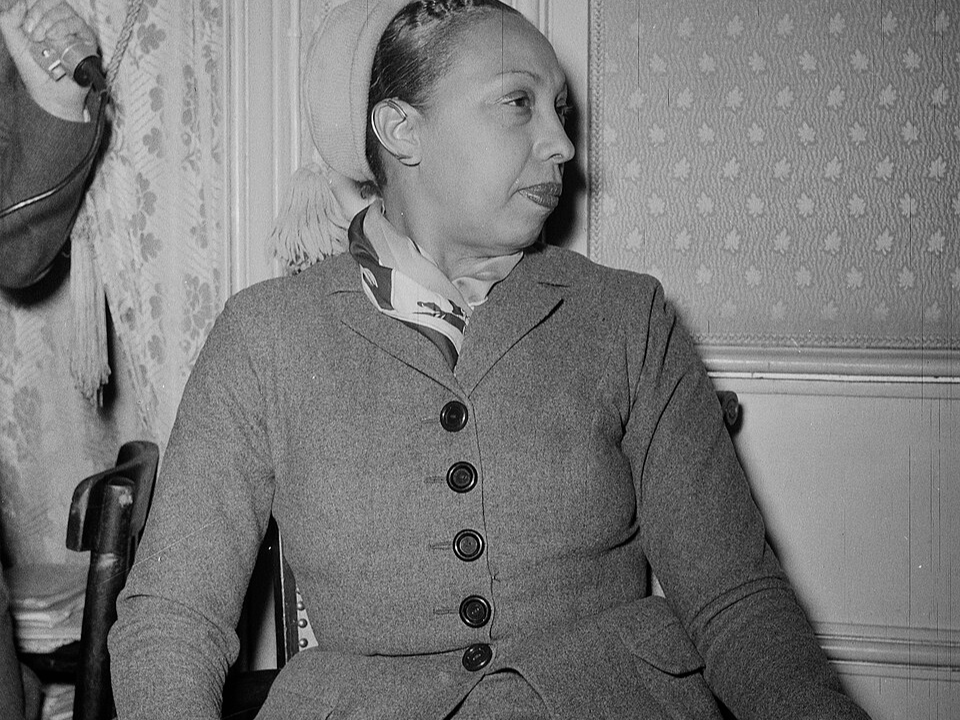
Josephine Baker was an American-born French entertainer who became a symbol of resistance during World War II. Known for her iconic performances, she used her fame to fight for civil rights and became involved in the French Resistance.
Baker’s activism, particularly her efforts to desegregate American clubs and support the Civil Rights Movement, are often overlooked. She was one of the few people who successfully bridged the worlds of entertainment and political activism during her time.
Clément Ader
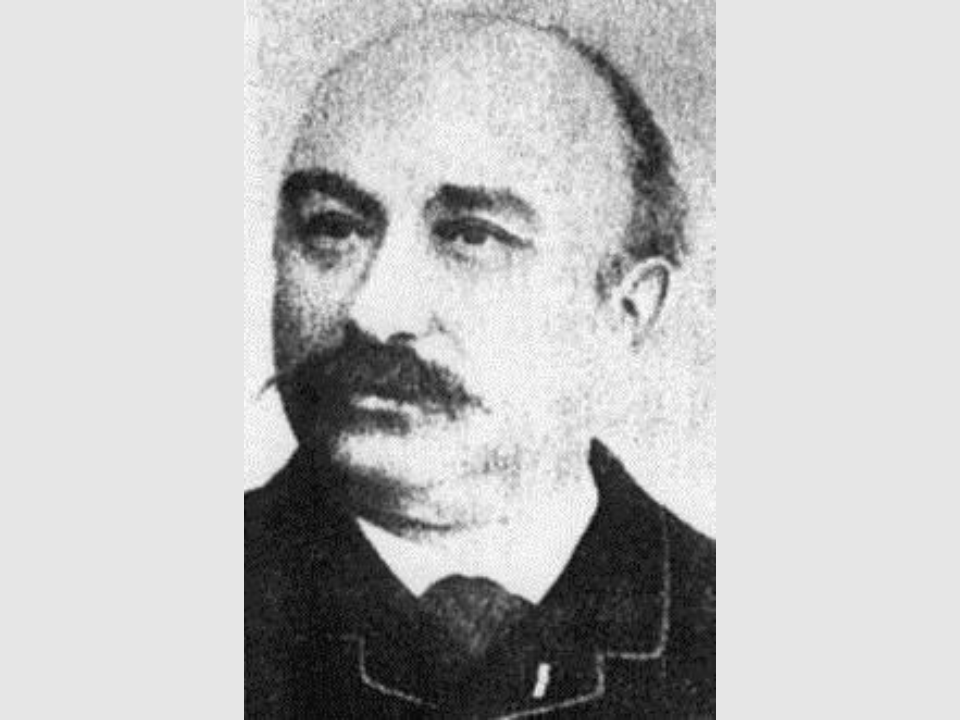
Clément Ader was a French engineer who is often credited with building the first practical flying machine. His aircraft, the Éole, was one of the earliest attempts to fly powered by an engine.
Ader’s contributions to aviation were overshadowed by the Wright brothers, whose flights in the United States are more widely recognized. Yet, his innovations in powered flight paved the way for future aviation pioneers.
Lady Murasaki Shikibu
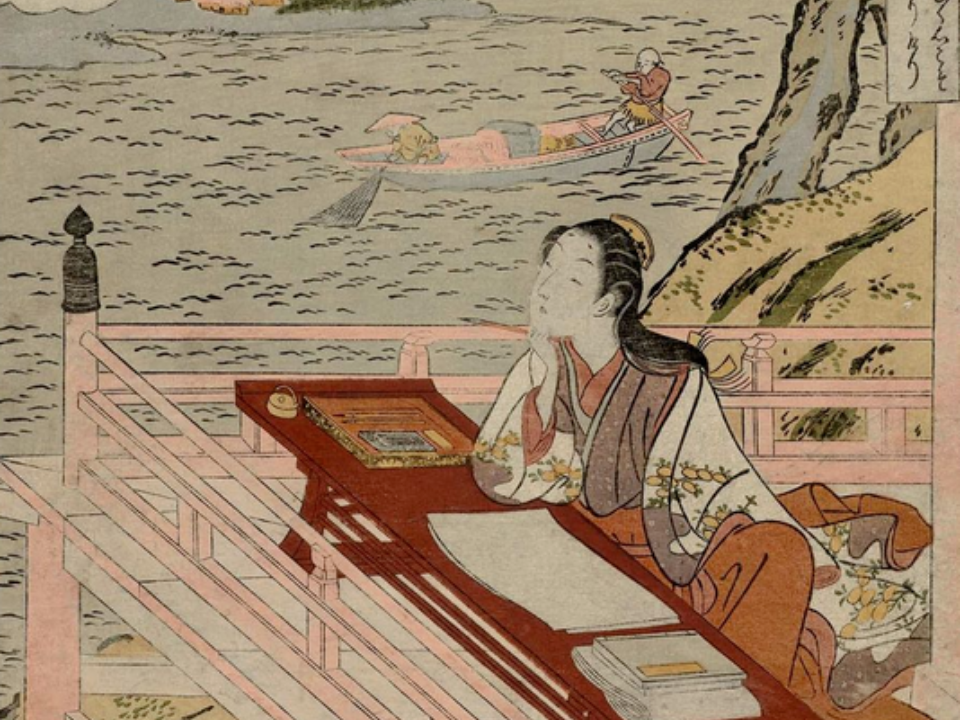
Lady Murasaki Shikibu was a Japanese writer during the Heian Period, best known for writing The Tale of Genji, considered the world’s first novel. Her work provided a vivid depiction of court life in Japan during the 11th century.
Though her novel has influenced literature for centuries, Lady Murasaki’s name has often been relegated to the background in the history of literature. Her contributions to the literary world are immense, but her recognition is limited to niche scholarly circles.
George Washington Carver
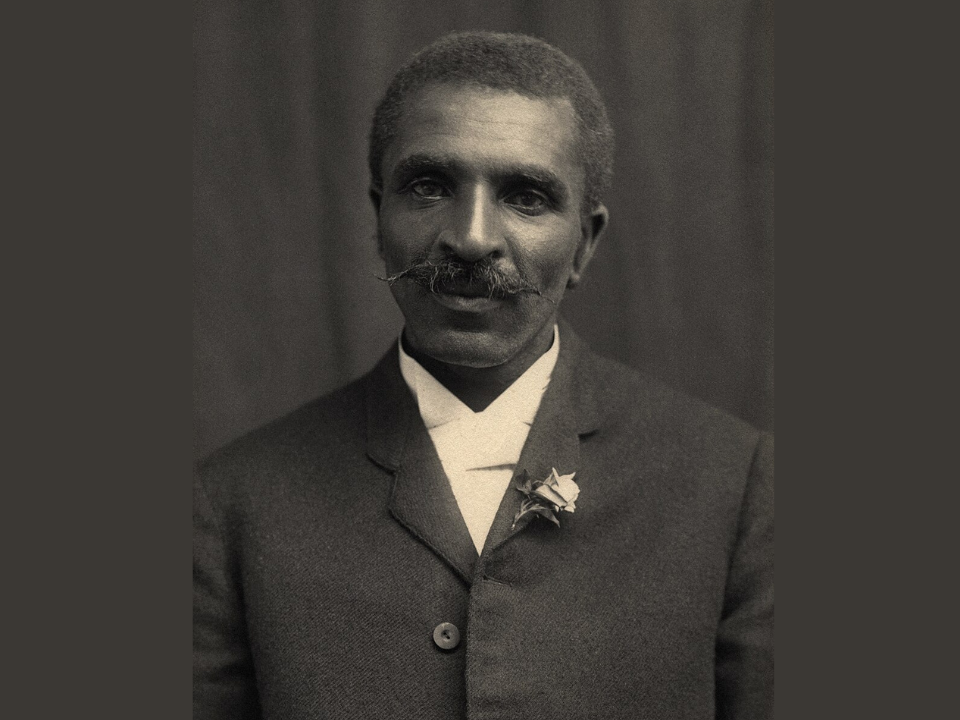
George Washington Carver was an agricultural scientist and inventor who promoted crop rotation and the development of alternative crops to cotton, such as peanuts and sweet potatoes. He is credited with discovering hundreds of uses for these crops.
Carver’s work in sustainable agriculture helped transform the farming industry in the United States, particularly in the South. Despite his groundbreaking contributions, he is often overshadowed by other figures in American history, especially in the context of African American achievements.
Emilie du Châtelet
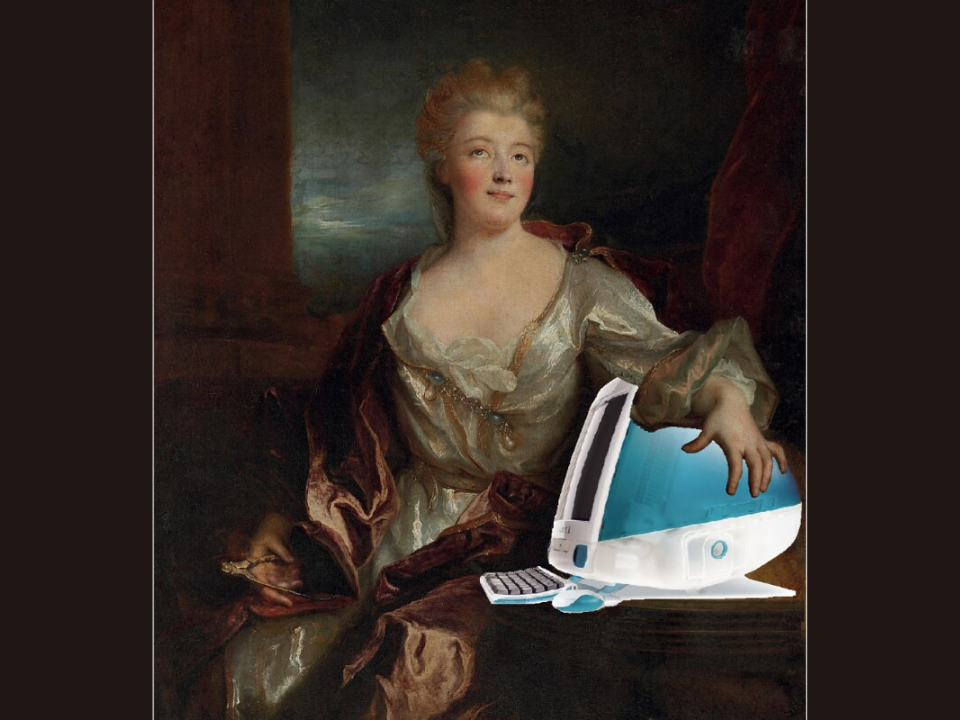
Emilie du Châtelet was a French mathematician and physicist who made significant contributions to the field of physics and mathematics during the Enlightenment period. She is best known for her translation and commentary on Isaac Newton’s Principia Mathematica.
Du Châtelet’s work laid the foundation for many scientific developments that followed, yet her name remains obscure. Her intellect and achievements were overshadowed by the prevailing gender norms of her time, which limited recognition for women in science.
Janus Korczak
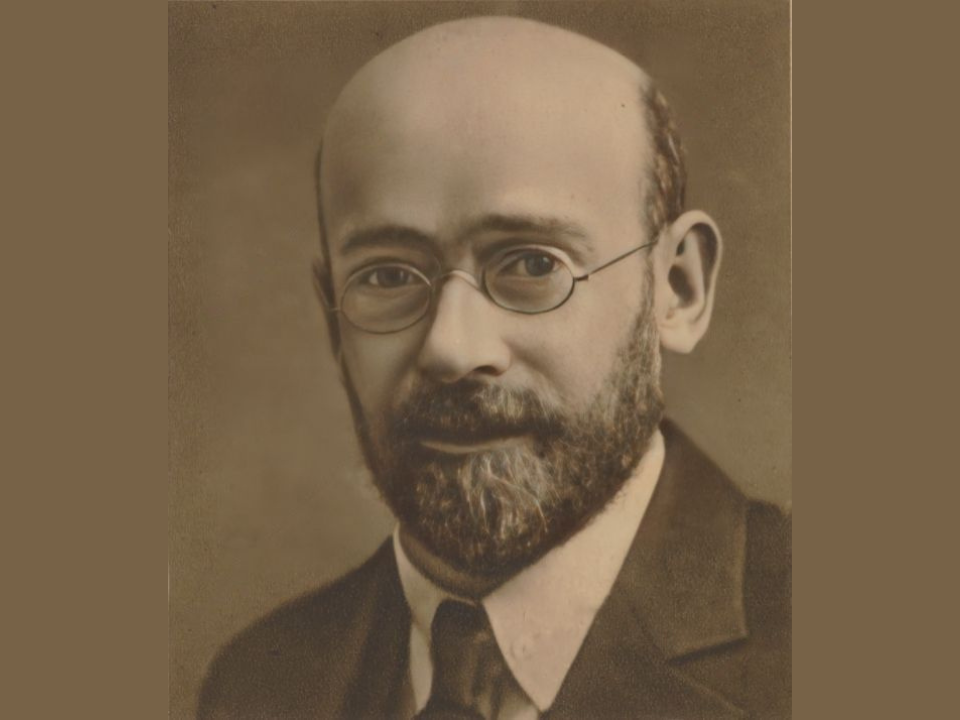
Janusz Korczak was a Polish-Jewish pediatrician and educator who dedicated his life to the care and welfare of orphaned children. He ran an orphanage in Warsaw and developed progressive methods for child care that emphasized respect and dignity.
Korczak’s legacy is often overshadowed by the horrors of World War II, during which he perished with the children in his care. His dedication to children’s rights and education is only now receiving the recognition it deserves.
Margaret Cavendish
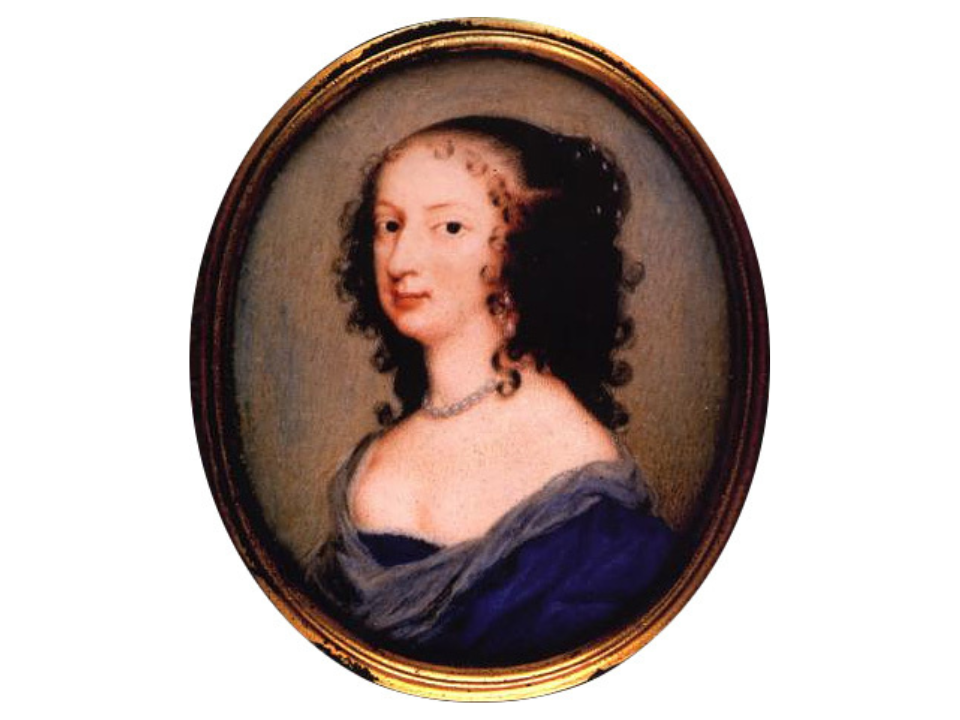
Margaret Cavendish was a 17th-century English writer and scientist. She was the first woman to attend a meeting of the Royal Society and made significant contributions to early modern philosophy and science.
Though her works and ideas were important in the development of science, she faced considerable criticism due to her gender. Cavendish’s accomplishments were dismissed in her time, but her legacy is now gaining recognition for her pioneering work.
John Harrison
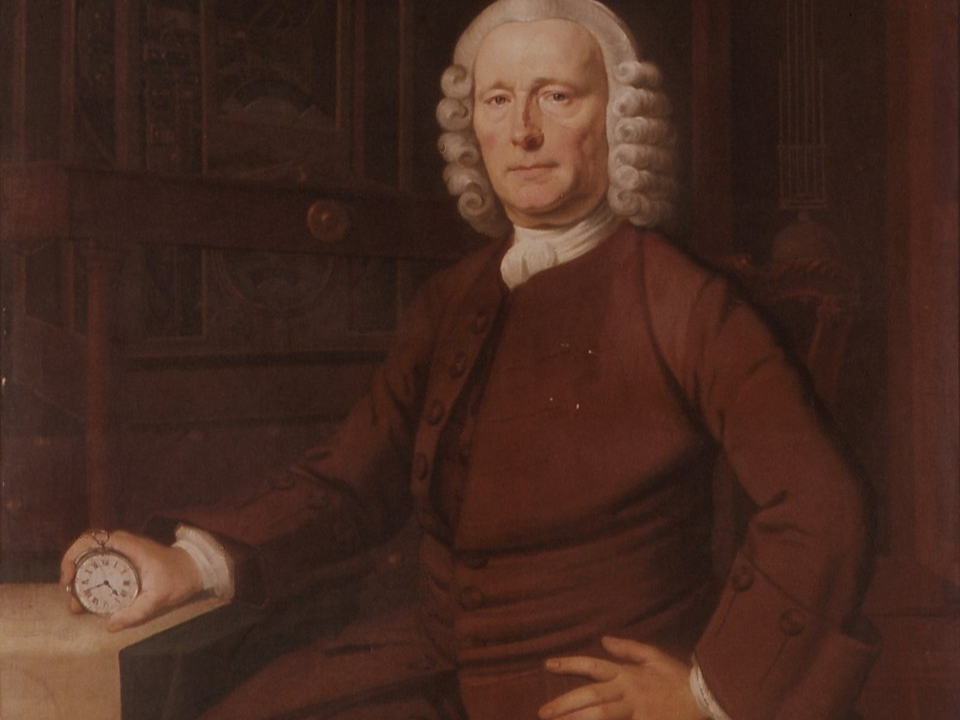
John Harrison was an English clockmaker who solved the problem of calculating longitude at sea, a challenge that had troubled navigators for centuries. His invention of the marine chronometer saved countless lives by enabling more accurate navigation.
Despite the immense importance of his work, Harrison’s name is often overlooked in the history of navigation and exploration. His contributions to science were groundbreaking, yet he struggled to gain recognition and financial compensation for his inventions.
This article originally appeared on Avocadu.
